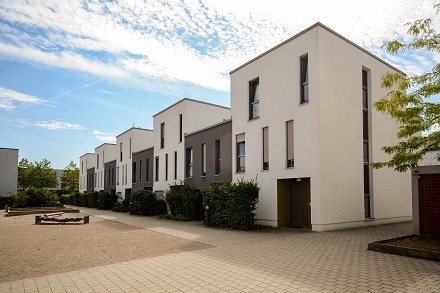The government’s consultation on a potential new tax, Residential Property Developers Tax (RPDT) closed last month. RPDT if enacted, will tax profits made from residential property developments from April 2022.
The proposed tax is intended to apply to the largest residential property developers, those companies and groups with relevant profits above £25 million per annum. The rate is widely expected to be between 1% and 2% of profits above the annual allowance threshold of £25 million, to apply from April 2022 and remain in place until at least 2032. The government’s intention is to raise the £2 billion required to remediate safety defects highlighted at Grenfell Tower in 2017.
During the consultation process, commentators have raised concerns about the definition of residential property within RDPT, (student accommodation/retirement homes); the inclusion of sale of undeveloped land which is intended for residential development, and development of properties for rent rather than sale.
If the expected implementation date of RPDT is April 2022, time is pressing for HMRC to issue guidance on its operation.
Craig Simpson, Tax Partner at Bates Weston comments:
“Although the principle of funding necessary remedial work is important, the proposed RPDT may put government policy objectives in conflict. The concept of an additional tax on developers at any level would seem counterproductive to speeding up the house building programme. The devil will be in the detail but with the significant increase in Corporation Tax from 1 April 2023 already announced it is questionable whether this will raise additional monies for the exchequer. Reducing cash for the developers through additional taxation means less investment in land and building which will inevitably lead to a slow down of profits.”
This guidance is generic in nature and does not constitute advice. You should take no action based upon it without consulting ourselves or your own professional advisor.

